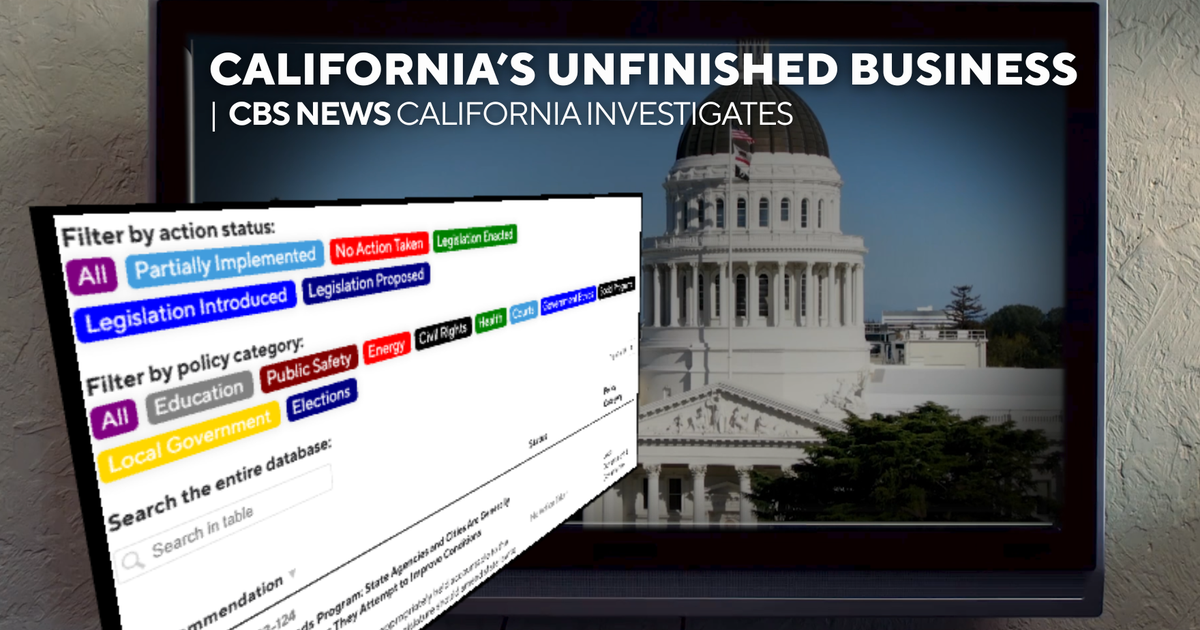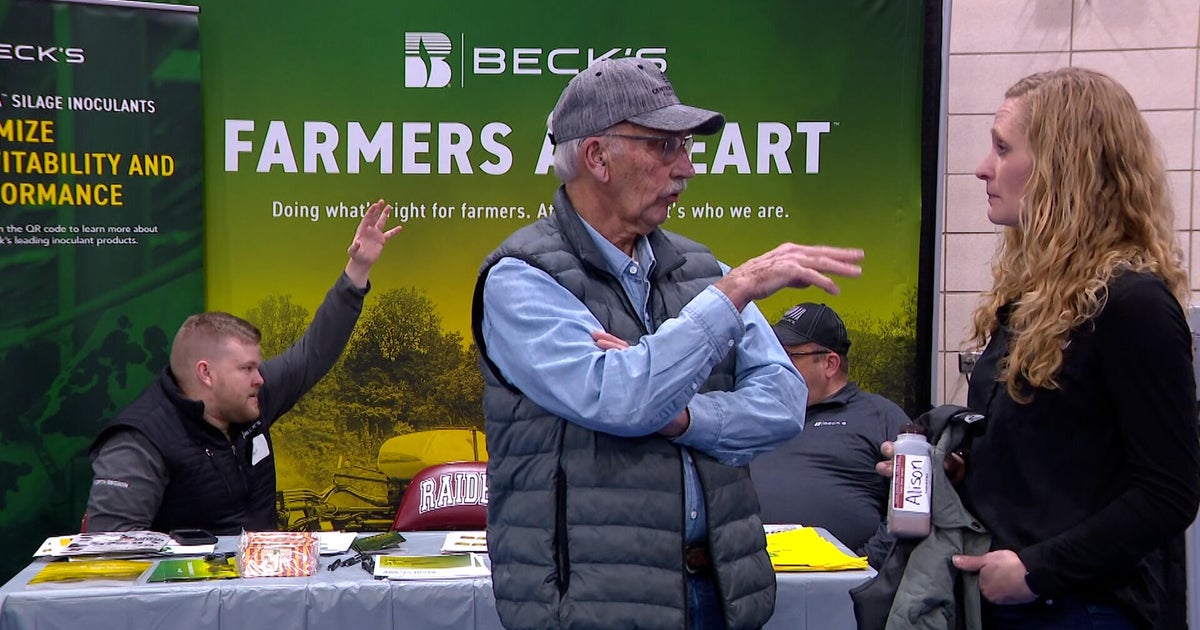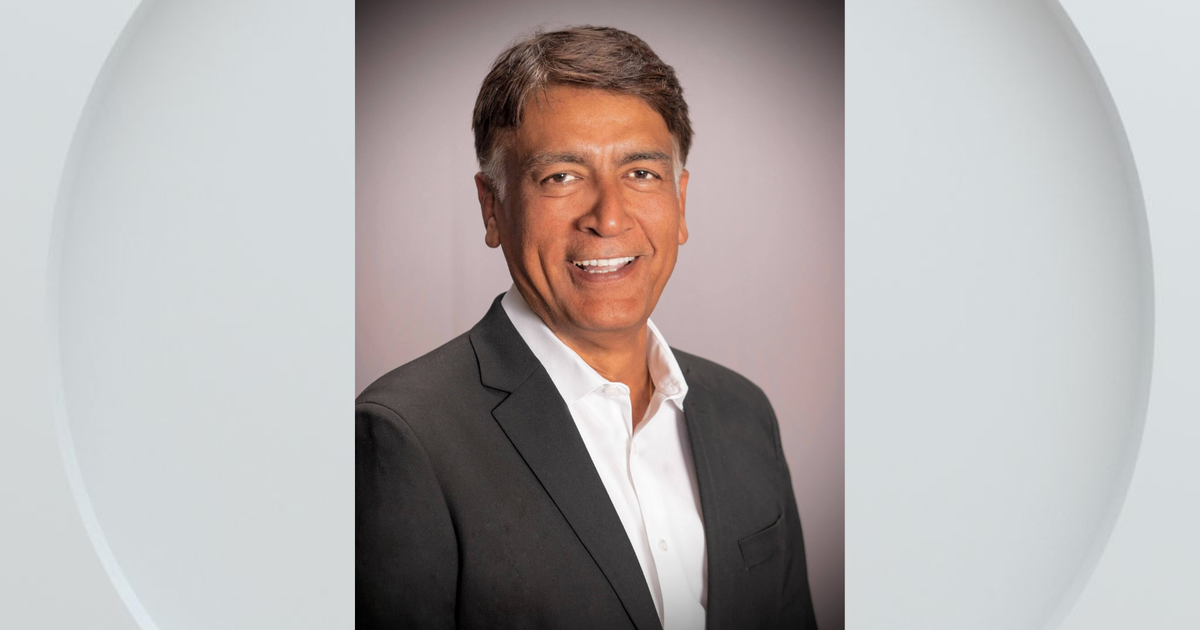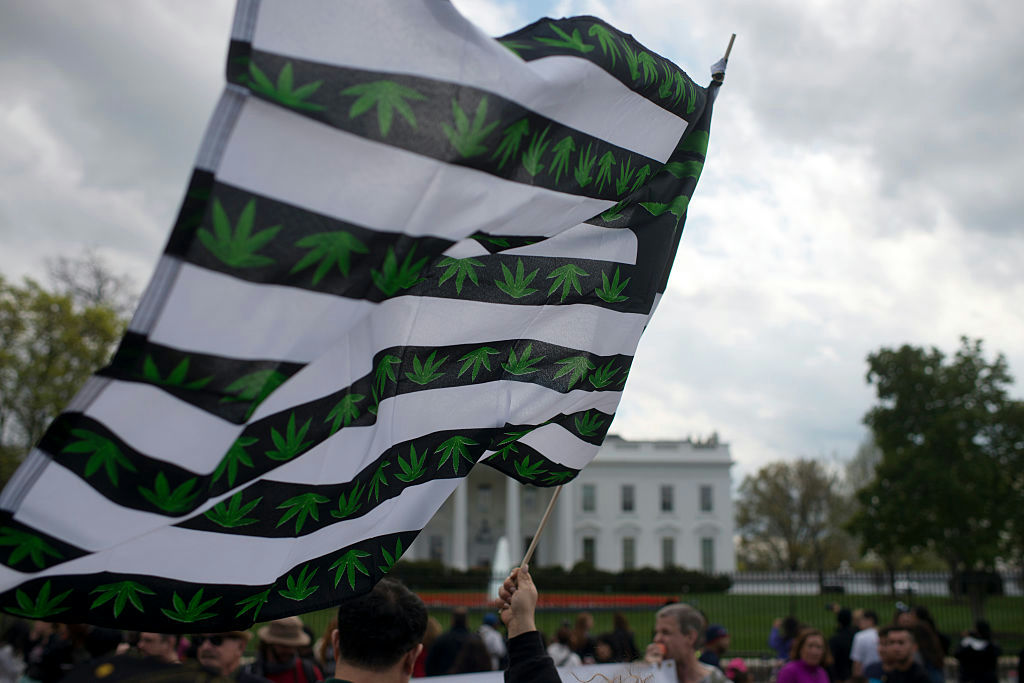Working while stoned: How will companies cope?
On Jan. 1, California and its population of nearly 40 million people saw a different kind of seismic shift when it became a "recreational marijuana" state, adding to the new way for Americans to use pot. A majority (58 percent), or more than 188 million citizens, now indicate a willingness to get high, get medicated or, at the very least, allow others to do so. More than a quarter of Americans want to smoke pot strictly for pleasure.
Those residing in states where it's now legal have to deal with this new reality. But it's the companies these people work for that will have the hardest job: coping with workers who come in stoned or get high on the job. Employees who use it, and even those who don't, may have to deal with their employers' suspicions and regulations -- and the possibility of losing their jobs.
What's happening is a new tug of war in the workplace, and the rules aren't clear.
Technically, almost every state allows an employer to fire someone who's been found using marijuana at work. Even liberal California endured a long legal struggle that ended with the state's supreme court ruling in the 2008 landmark case of Ross v. RagingWire. It said an employer isn't required to accommodate a worker's medical marijuana use.
"The law is crystal clear," said Chief Operating Officer Sean Luse of Berkeley Patient Group, a marijuana dispensary. "Employers still retain the right to drug test and have a drug-free workplace."
The California supreme court case noted that federal law -- reemphasized by U.S. Attorney General Jeff Sessions -- defines marijuana is a "Class 1 drug," in the same dangerous category with heroin, LSD and Ecstasy, and so illegal.
But this creates a double standard as states trying to generate tax revenue from growing and selling pot rush to change their laws. So in 2013, the Obama administration's Department of Justice abdicated its enforcement authority to states such as Colorado and Washington, which legalized recreational marijuana use, and deferred its ability to challenge them.
"In effect, the federal government said, 'we surrender,'" according to the California Public Agency Labor & Employment blog. Some significant entities, like the FBI, now allow certain candidates to apply even after acknowledging marijuana use -- a necessary reversal caused by its inability to hire enough "hackers" to protect the government's computer systems.
On Thursday, the DOJ appeared set to reverse itself on the issue, potentially adding to the confusion.
And just because the federal government caved in doesn't mean that private employers will. Would anyone want their doctor getting high just before performing surgery? Or a co-worker who drives a forklift and could impale not only packages but them?
According to the most recent figures from the U.S. Bureau of Labor Statistics, 5,190 people were killed on the job in 2016, the most since 2008. The rate of fatal injuries rose to 3.6 per 100,000. Carpenters, roofers, tree trimmers and truck drivers are the most likely victims. And the National Safety Council reported the worst two-year escalation of driving fatalities in more than 50 years. Was "marijuana motoring" a factor?
Complicating the issue is that there still is no definitive test for marijuana impairment, and there's a big difference between booze and pot: breathalyzer and blood tests can prove current alcohol use, whereas marijuana tends to stay in the blood stream longer. So a positive marijuana test only proves you used it at some point. Even the American Automobile Association (AAA), the giant federation of automotive clubs with a vested interest in driver safety, admits the marijuana tests are flawed.
Plus, as with alcoholics, a habitual marijuana user may be able to function on the job better than an occasional user.
Privately, California employers say they'll avoid the issue. "The best test right now is to look at the person and see if he or she is impaired," said one employer. "Then write him or her up, or fire them."
But this carries more risk for bosses due to marijuana's "medical usage." If an employee has a doctor's prescription, easily obtainable nearly anywhere in California, federal law doesn't require the employee to divulge information about cancer, glaucoma or any other illness that might necessitate using marijuana. So the employee could fight being fired by claiming discrimination against someone with a disability.
"It may take just one employee who is successful in a wrongful termination lawsuit to start the ball rolling toward an accommodation requirement," according to the California employment blog.
Then there are the insurance companies, which face perils on both sides of the issue. They pay workers compensation claims for job injuries, which are already growing and could continue to climb. Insurers also represent the companies that pay for the legal suits when workers claim they were unjustly dismissed -- and can prove it. They did so in several recent cases in Northeastern states where the courts ruled that companies had violated antidiscrimination laws.
"This is a rapidly developing situation," said Christy Thiems, senior director of workers compensation at the Property Casualty Insurers Association of America (PCIAA). "Marijuana has exploded across the country, and we need more research."
But the problem is, there isn't any. Most marijuana-impairment studies were done in the early part of the century. Potency was much lower than it is now, and a race is ongoing to make the strongest product. Not only is pot three times as potent these days, but it now comes in various forms such as pills, candy and food, making it easily munched while working.
Who's going to do the research? The federal government isn't likely to give out grants to analyze what it still regards as reefer madness. Will the fragmented industry of legal marijuana growers and distributors do their own tests? And if so, would it be more accurate than the sometimes-discredited pharmaceutical industry's own product testing?
So the tug of war will continue. Legal cases and new state laws will inevitably set policy, while the federal government treads water and denies this new reality even in its own backyard -- the District of Columbia -- where it's fighting the legalization of recreational pot. In the meantime, savvy employers will try to implement their own policies and, in many instances, place their own workers under a "marijuana microscope."
And they may need to make accommodations for pot users, or risk losing valuable hires to a more liberal company. "A lot of people are leaving or simply not applying because of these policies," warned Berkeley Patient Group's Luse. "Standards should be company-specific."




